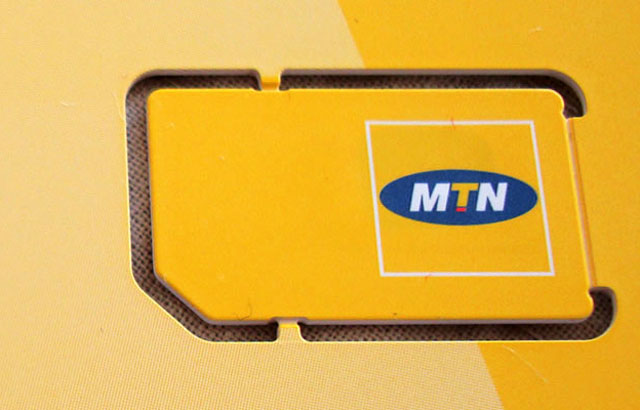
Low pay, insufficient weekend remuneration and a lack of transport money are key reasons for why MTN staff say they have gone on strike this week.
On Wednesday, hundreds of MTN staff from the company’s call centres and service branches voiced their displeasure at Africa’s biggest telecommunications company outside its Johannesburg head office.
The Communications Workers Union (CWU) organised the strike and publicly took a swipe at MTN on Wednesday in front of picketing staff.
The CWU handed a memorandum to MTN CEO Ahmad Farroukh calling for a 10% pay rise and bonus pay of 16% of their annual salaries, doing away with “unfair” labour practices and labour brokers, and implementing a task team to determine which workers have been short-changed by salary adjustments.
The CWU has given MTN seven days to respond.
Two striking MTN South Africa call centre staff, who wanted to remain anonymous, spoke to Fin24 on Wednesday.
Clad in red CWU T-shirts, they explained why they decided to join the strike.
“It’s because they gave us 4% bonus and we are not used to that,” said one staff member who explained that they received higher bonus pay previously.
“We are not used to that and it was not even explained before. They only started telling us this year that we supposed to get 4% bonus due to the fact that we did not perform as MTN South Africa,” she added.
“Only MTN Group performed and they were the ones who got the bonus actually,” she said.
The staff member also maintained that the company “is performing” and that if MTN Group gets bonuses, then MTN South Africa workers should also “get bonuses”.
“And the group does not even work. We are the ones who are working hard here. They got a bonus because we are working here,” the staff member said.
Another sticking point is that of night and weekend hours worked as the workers claim they don’t get higher pay for working during these off-peak periods.
“We work night shifts but they don’t pay us. We work weekends, Sundays they don’t pay us enough,” one staff member said.
“They don’t pay anything for the transport,” she said.
The other staff member also expressed the same concerns about weekend and public holiday work.
“We don’t get paid for public holidays; we don’t get paid for Sundays. Even shift allowance after hours. They always short pay us. Now we are tired of MTN, that’s why we are here,” she said.
Being part of a union is a new experience for these two workers as they told Fin24 that they only joined CWU eight months ago. The pair also said that they were not part of a union before and that they joined CWU to cover and protect themselves.
“Because if you strike and it’s not allowed, [MTN] can fire you. So at least now we have a letter, a certificate from CCMA – we are allowed to do what we are doing.
“We are unshaken about anything from MTN. We’ve had enough now from MTN,” said the staff member.
On Wednesday, MTN’s head of human resources, Themba Nyathi, said the CWU is not a recognised union by the telecoms company as the union needs 30% representativity at MTN.
“They only have plus minus 17% representation,” Nyathi said.
On Sunday, MTN released a press statement in which it said it had been engaging with its employees on reviewing its bonus model and looking at a possible guaranteed thirteenth cheque, returning canteen subsidies, rethinking its cellphone allowances and introducing a reward and recognition programme dubbed “MTN Shine”.
MTN also said that claims by CWU that the company had historically given its staff a 30% bonus are not true.
In addition, MTN said that Sundays and public holidays are paid as per basic conditions of the Employment Act.
The company further noted that it does not have “temporary staff, or labour brokers as such, as claimed by the union” and that its operational services are outsourced. — Fin24




